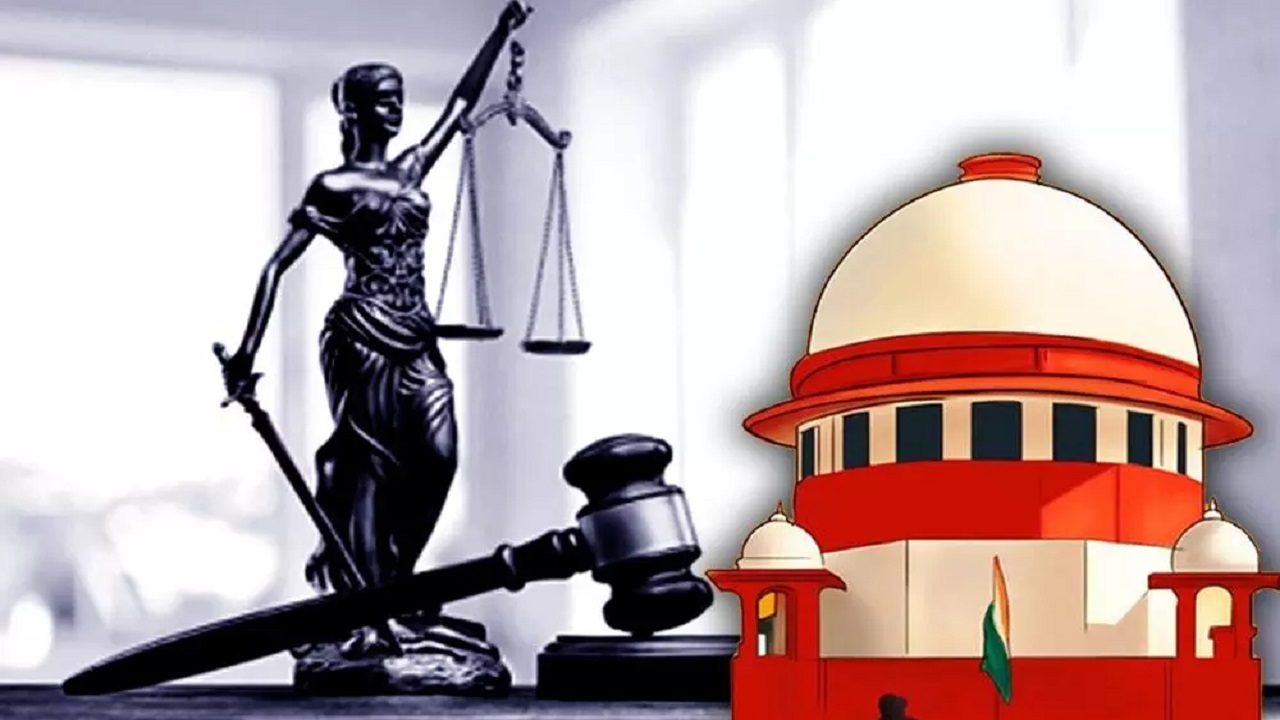Advocacy, Autonomy, and Accountability: Supreme Court’s Clarion Call
Context:
The Supreme Court of India recently made significant observations stating that summoning lawyers solely for advising their clients violates their professional rights and undermines the independence of the legal profession.
This issue is crucial for understanding legal ethics, judicial accountability, and constitutional safeguards. It holds relevance for UPSC General Studies Paper II (Polity and Governance) and Paper IV (Ethics, Integrity, and Aptitude).
Background of the Case
-
The Supreme Court was hearing a case where a Gujarat-based lawyer was summoned by the police for assisting a client in obtaining bail in a loan dispute.
-
The observations came after criticism from the Supreme Court Bar Association (SCBA) against the Enforcement Directorate (ED) for issuing summons to senior advocates Arvind Datar and Pratap Venugopal.
-
These summons were issued in connection with an Employee Stock Option Plan (ESOP) probe involving Care Health Insurance and Rashmi Saluja, the former chairperson of Religare Enterprises.
Legal Protection for Attorney-Client Communication
The Bharatiya Sakshya Adhiniyam, 2023, which replaced the Indian Evidence Act, 1872, provides privileged status to communications between advocates and clients.
-
Section 132 of the Bharatiya Sakshya Adhiniyam (BSA), 2023 prohibits lawyers from disclosing any communication made in the course of professional engagement.
-
This privilege remains intact even after the professional relationship ends.
-
Exceptions to disclosure are permitted only in the following cases:
-
The client consents to disclosure.
-
The communication involves illegal activity.
-
The lawyer observes criminal conduct during employment.
-
-
Lawyers are exempt from testifying or disclosing client communication in any form—oral, written, or electronic.
-
This protection is exclusive to legal professionals. Chartered accountants, company secretaries, and cost accountants do not enjoy this privilege.
Judicial Precedents Upholding the Privilege
Indian courts have consistently ruled in favour of protecting the attorney-client privilege and have opposed arbitrary summons against advocates.
-
In A.V. Pavithran v. CBI (2024), the Bombay High Court quashed the CBI summons to the advocate and held that legal advice is privileged under Section 126 of the Indian Evidence Act (now Section 132 of the BSA). The court reiterated: "Once privileged, always privileged."
-
In Praram Infra v. State of Madhya Pradesh (2025), the Madhya Pradesh High Court quashed the summons issued to Advocate Rahul Maheshwari, observing that a lawyer who is neither an accused nor a witness should not be summoned. The court again invoked protections under Section 126 of the former Evidence Act.
Importance of Attorney-Client Privilege in a Constitutional Democracy
-
Attorney-client privilege under Section 132 of BSA, 2023 and the Advocates Act, 1961 is essential for the free and fair functioning of the legal system.
-
It ensures that lawyers can give independent, fearless, and confidential advice without the threat of coercion or reprisal.
-
It is a cornerstone of the rule of law, ensuring the integrity of the legal profession and public trust in the justice system.
-
Unjustified summoning of lawyers, without any material evidence, threatens the institutional balance between the Bar, the Bench, and the Executive.
-
Such actions create a chilling effect on legal advocacy, lead to self-censorship, and undermine public interest litigation and constitutional justice delivery.




Comments (0)